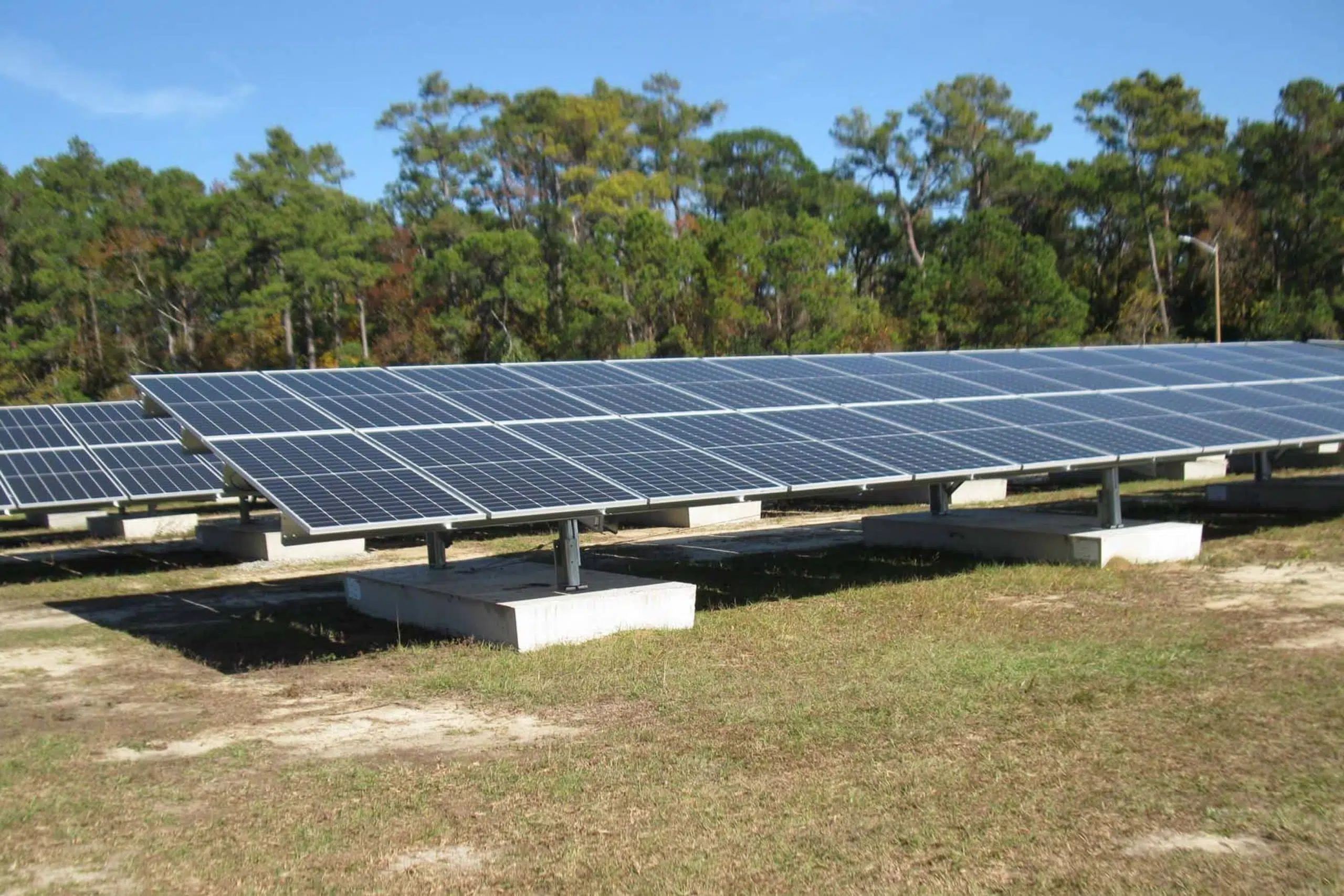
Introduction to Solar Development on Former Landfills
The concept of repurposing former landfills for solar energy development has gained traction in recent years as a sustainable solution to address both energy needs and environmental concerns. By transforming underutilized landfill sites into solar power generation facilities, communities can unlock significant environmental and economic benefits while promoting renewable energy adoption. This article explores the potential of landfill solar projects, highlighting their environmental and economic significance and examining the regulatory landscape that governs their implementation to get georgia commercial solar companies.
Challenges and Opportunities of Landfill Solar Projects
Site Remediation and Preparation
Before embarking on solar development on former landfills, extensive site remediation and preparation are required to address environmental contamination and ensure safe and stable conditions for solar infrastructure installation. This process involves landfill closure and cap maintenance, soil contamination assessment and mitigation measures, and upgrades to existing infrastructure to support solar installations.
Technical Feasibility and Design Considerations
The technical feasibility of landfill solar projects depends on various factors, including solar array configuration, foundation and mounting systems, and integration with landfill infrastructure. Engineers and designers must carefully evaluate site conditions and design solar arrays that maximize energy production while minimizing environmental impacts and operational risks associated with landfill operations.
Financial Viability and Funding Mechanisms
Landfill solar projects require significant upfront investment in site remediation, infrastructure upgrades, and solar equipment installation. However, they can be financially viable through cost-benefit analysis, leveraging tax incentives and grants, and entering into power purchase agreements with utility companies or third-party investors. These funding mechanisms help offset project costs and ensure a positive return on investment over the project’s lifespan.
Case Studies: Successful Implementation of Solar Projects on Former Landfills
Georgia Commercial Solar Companies Case Study
In Georgia, several commercial solar companies have successfully implemented solar projects on former landfills, demonstrating the feasibility and benefits of landfill solar development. These companies have collaborated with local governments, environmental agencies, and community stakeholders to repurpose landfill sites for solar energy generation while addressing environmental remediation and regulatory compliance requirements.
Overview of Companies Involved
The Georgia commercial solar companies involved in landfill solar projects bring together expertise in solar energy development, environmental remediation, and project management. These companies have a track record of successful solar installations and a commitment to sustainability and community engagement.
Project Scope and Objectives
The scope of landfill solar projects undertaken by Georgia commercial solar companies typically includes site assessment, remediation planning, solar array design and installation, and ongoing maintenance and monitoring. The primary objectives of these projects are to generate clean and renewable energy, reclaim underutilized landfills, and contribute to local economic development and environmental stewardship.
Outcomes and Impact
The outcomes of landfill solar projects in Georgia have been overwhelmingly positive, with significant environmental and economic benefits realized. These projects have helped reduce greenhouse gas emissions, reclaim contaminated land for productive use, create local job opportunities, and stimulate investment in renewable energy infrastructure. Additionally, they have raised awareness about the potential of landfill solar development and inspired similar initiatives in other communities.
Environmental and Social Implications of Landfill Solar Initiatives
Environmental Benefits
Landfill solar initiatives offer a range of environmental benefits, including land reclamation and reuse, greenhouse gas reduction, and biodiversity enhancement. By repurposing former landfills for solar energy generation, these projects mitigate the environmental impact of landfill operations and contribute to the transition to a low-carbon economy.
Social and Community Engagement
Landfill solar projects provide opportunities for social and community engagement, fostering collaboration between project developers, local governments, and community stakeholders. Stakeholder consultation and engagement are integral to project success, ensuring that the interests and concerns of affected communities are addressed and that the benefits of solar development are equitably distributed.
Stakeholder Consultation
Engaging stakeholders throughout the project lifecycle helps build trust and consensus around landfill solar initiatives, mitigating potential conflicts and addressing community concerns. Stakeholder consultation processes should be transparent, inclusive, and responsive to community feedback, ensuring that project decisions reflect the needs and priorities of all stakeholders involved.
Future Prospects and Trends in Landfill Solar Development
Emerging Technologies and Innovations
Advancements in solar technology and innovations in landfill management are driving the evolution of landfill solar development. Emerging technologies such as solar panel recycling, landfill integrated solar systems, and community solar initiatives offer new opportunities to enhance the efficiency, sustainability, and scalability of landfill solar projects.
Policy and Market Drivers
Policy and market drivers play a critical role in shaping the future of landfill solar development, with renewable energy mandates, carbon emission reduction goals, and market demand driving investment in solar energy infrastructure. As governments and businesses increasingly prioritize sustainability and decarbonization, the demand for landfill solar projects is expected to grow, creating new opportunities for innovation and investment in the renewable energy sector.
In conclusion, harnessing solar potential on former landfills offers a compelling solution to address both energy needs and environmental challenges. By repurposing underutilized landfill sites for solar energy generation, communities can unlock significant environmental and economic benefits while promoting renewable energy adoption and sustainable development. Through collaborative partnerships, innovative technologies, and supportive policies, landfill solar initiatives have the potential to transform contaminated land into productive assets, paving the way for a cleaner, greener, and more sustainable future.


